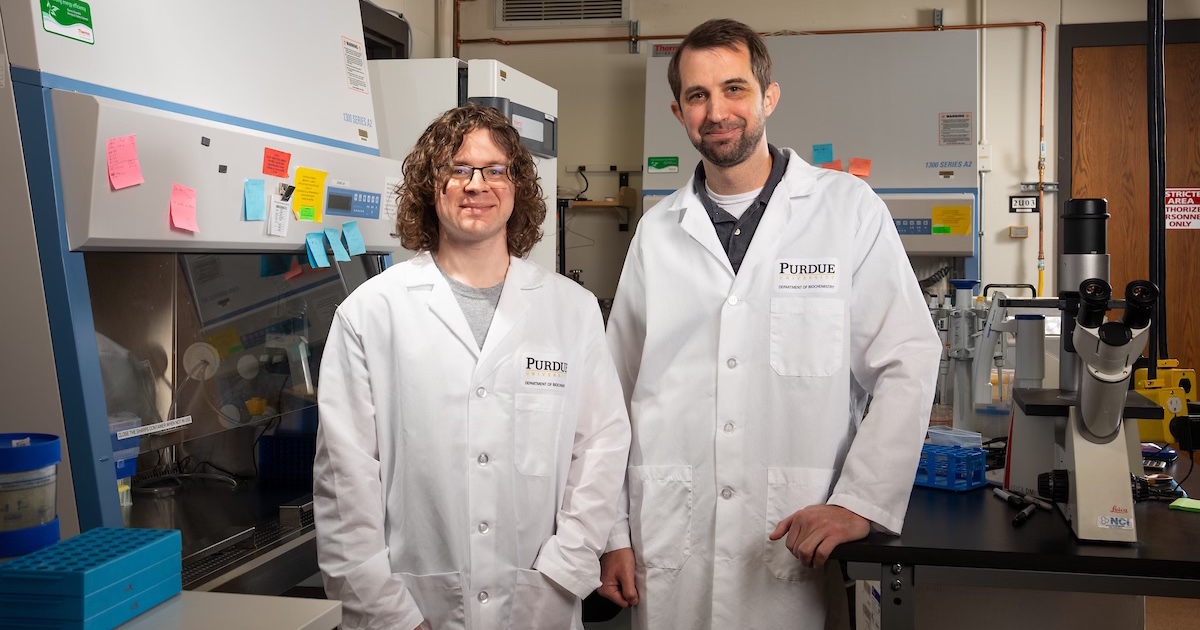Purdue professors, multi-university team work to address grain industry labor shortage
A generation of leadership in the grain industry is slowly beginning to retire, leaving a brain drain among higher management and few places to look for training and education to replenish what is being lost. A new USDA-NIFA funded program seeks to craft a master's degree level curriculum that will help fill those empty management roles.
After receiving a $750K grant from the USDA-NIFA Higher Education Challenge (HEC) Grants Program, Klein Ileleji, professor of agricultural and biological engineering, is leading a team of faculty across six universities to develop a master’s level program alongside co-principal investigator Kingsly Ambrose, professor of agricultural and biological engineering. The newly developed master’s program will pool faculty expertise, courses and institutional resources in one or more aspects of the grain value chain to develop a master’s level curriculum in grain value chain.
The need for the program stems from constant changes in technology utilized in the grain value chain along with a slimming down of programs offered at many universities due to faculty retirements. Ileleji said faculty from Purdue University, Iowa State University, the University of Arkansas, Texas A&M University, North Carolina Agricultural and Technical State University and Fort-Valley State University came together to discuss ways they could collectively close the educational gap.
“We all knew our current programs had become smaller and there were less opportunities for training among all our universities, so we all said, ‘Why not pull all our resources together to develop a comprehensive program to train professionals to meet the new industry challenge,’” Ileleji said. “We know our independent universities have particular areas of specialization, but no one university covers the entirety of the grain value chain. That is what we plan to do together.”
The master’s program will cover grain science, post-harvest operations, entomology, agricultural economics, business management and leadership training, all backed by industry driven research and potential internship opportunities. While the program will be comprehensive to all the grain value chain entails, students will be able to focus on a specific aspect of the industry in their master’s thesis project.
Ileleji said the end goal will be to develop the program into an online version, allowing students from all institutions to have access to the courses offered. Beginning in the fall, Ileleji said the program will begin with six recruited students.
Beyond the three years of the inaugural group of students, we hope to create a sustainable program that will continue to grow as the industry does. Allowing both undergraduate and graduate students across all institutions to have access to these courses allows for cross fertilization across these great universities.”
- Klein Ileleji, professor of agricultural and biological engineering






